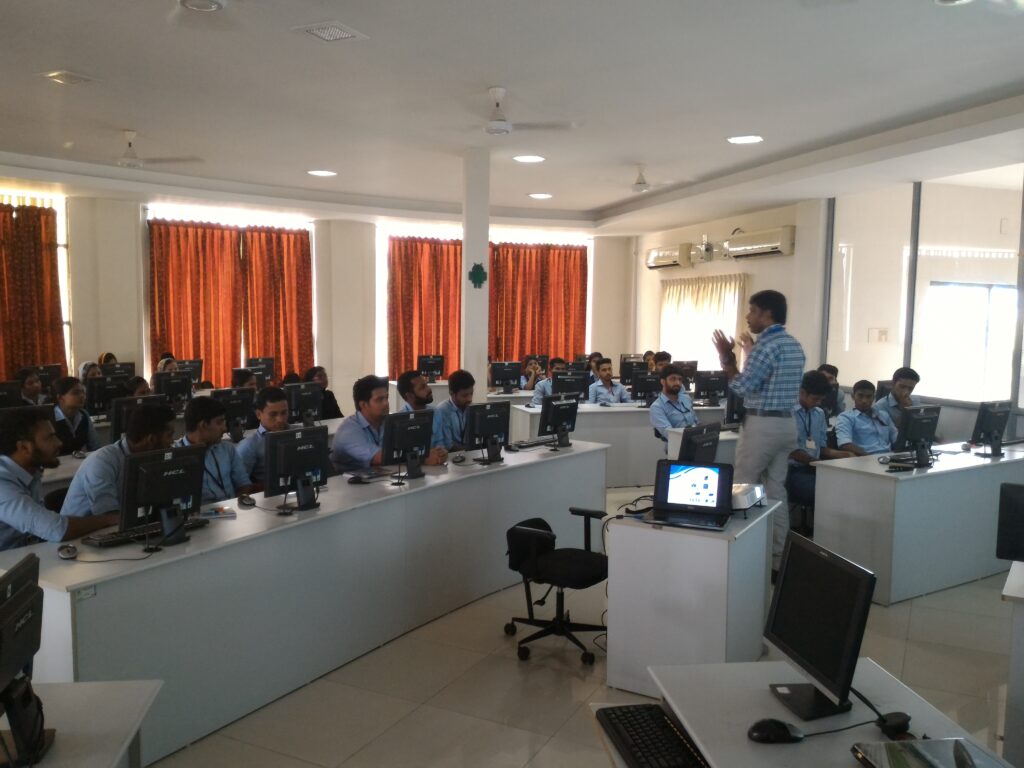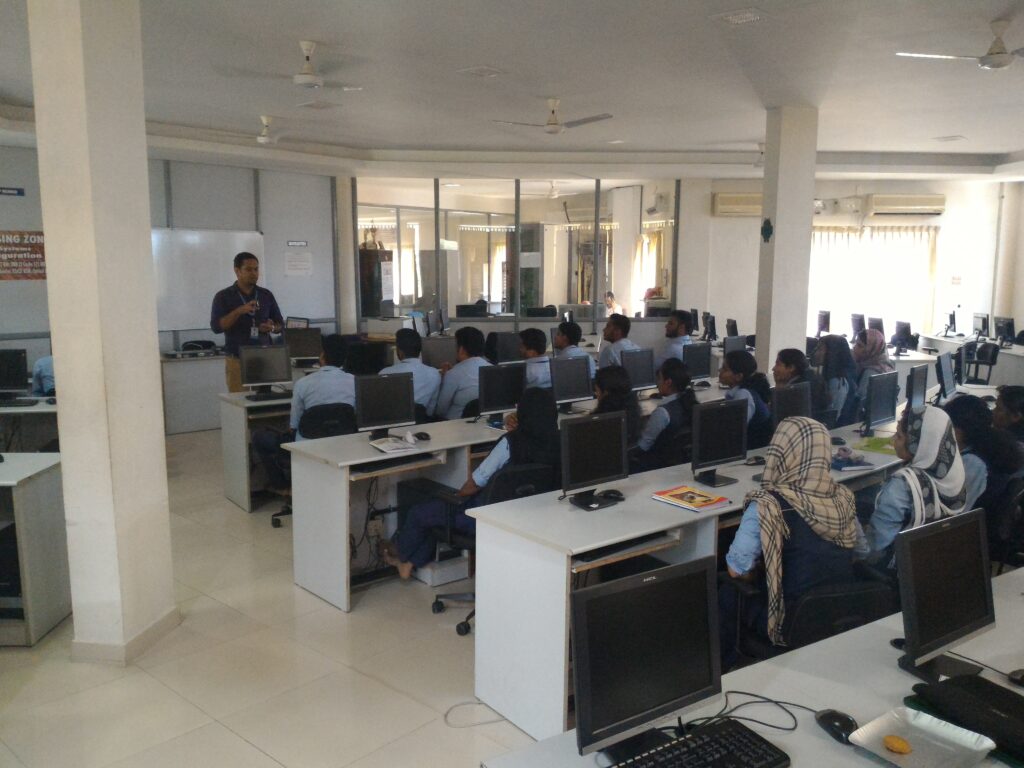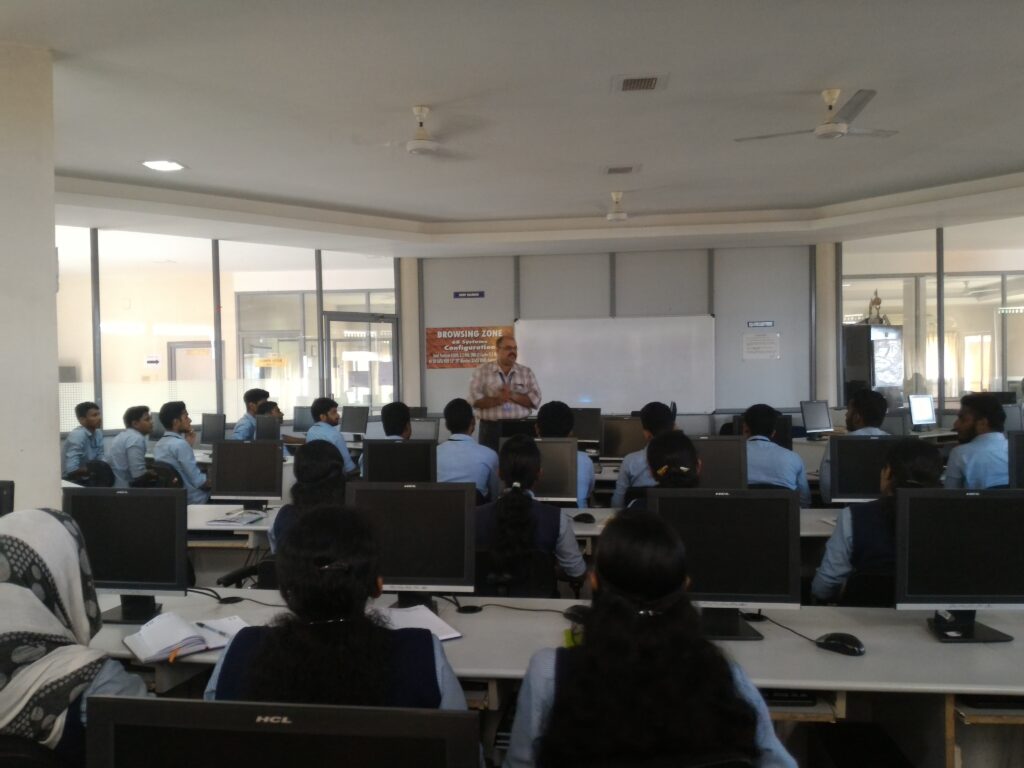Learn Digital Marketing With Practical Experience in a Digital Marketing Company
Introduction to Practical Digital Marketing Education
Learning digital marketing through practical experience in an actual digital marketing company offers unparalleled advantages over purely theoretical courses. This immersive approach allows students to work on real campaigns, interact with clients, and understand the day-to-day operations of a digital marketing agency.

Why Choose Practical Experience Over Traditional Courses?
1. Real-World Application
Work on actual client projects with measurable results
Understand how different digital marketing strategies perform in real business scenarios
Learn to adapt strategies based on real-time data and analytics
2. Industry-Standard Tools and Technologies
Gain hands-on experience with professional tools like:
Google Analytics 4
SEMrush/Ahrefs for SEO
Facebook Ads Manager
Google Ads
Email marketing platforms (Mailchimp, HubSpot)
CRM systems
3. Client Interaction Skills
Learn how to communicate with clients
Understand how to interpret client needs into digital strategies
Develop presentation and reporting skills for clients
Core Components of Practical Digital Marketing Training
1. Search Engine Optimization (SEO)
On-page optimization: Content creation, keyword research, meta tags
Technical SEO: Site audits, speed optimization, mobile responsiveness
Off-page SEO: Link building strategies, local SEO
Practical tasks: Conducting actual SEO audits for client websites
2. Pay-Per-Click Advertising (PPC)
Creating and managing Google Ads campaigns
Facebook/Instagram advertising strategies
Budget management and bid strategies
Conversion tracking implementation
Practical experience: Running real ad campaigns with allocated budgets
3. Social Media Marketing
Content strategy development
Community management
Paid social media campaigns
Influencer marketing coordination
Hands-on work: Managing actual company or client social media accounts
4. Content Marketing
Blog content creation
Video marketing strategies
Email marketing campaigns
Content calendar management
Real projects: Writing content that gets published and drives traffic
5. Analytics and Reporting
Setting up Google Tag Manager
Creating custom dashboards
Interpreting data to make marketing decisions
Client reporting
Practical application: Analyzing real campaign data and optimizing based on findings
The Structure of a Practical Training Program
1. Orientation Phase
Introduction to company processes
Tool familiarization
Basic digital marketing concepts review
2. Rotational Training
Rotations through different departments:
SEO team
PPC team
Social media team
Content team
Analytics team
3. Specialization Phase
Focus on one or two areas of interest
Deeper dive into specialized skills
Increased responsibility for actual client work
4. Capstone Project
Manage a complete campaign from start to finish
Present results to company leadership (and sometimes actual clients)
Receive comprehensive feedback
Benefits of Learning in an Agency Environment
1. Exposure to Multiple Industries
Work with clients from various sectors (e-commerce, healthcare, B2B, etc.)
Understand how digital strategies differ across industries
2. Team Collaboration
Learn how different digital marketing specialties work together
Experience agency workflows and project management
3. Portfolio Development
Build a portfolio with real case studies and results
Have measurable achievements to showcase to future employers
4. Networking Opportunities
Connect with industry professionals
Potential for job offers from the host company
References from experienced marketers
How to Find Quality Practical Training Programs
1. Digital Marketing Agencies Offering Internships
Many agencies have structured internship programs
Look for agencies with training frameworks in place
2. University-Industry Partnership Programs
Some colleges collaborate with agencies for practical modules
3. Specialized Digital Marketing Schools
Institutions that focus exclusively on practical digital marketing education
4. Apprenticeship Programs
Government or industry-sponsored programs combining work and learning
Key Skills You’ll Develop
Technical Skills
SEO optimization techniques
PPC campaign management
Social media advertising
Marketing automation
Data analysis and visualization
Soft Skills
Client communication
Team collaboration
Time management
Problem-solving
Creative thinking
Career Outcomes After Practical Training
1. Job Opportunities
Digital marketing specialist
SEO analyst
PPC manager
Social media manager
Content marketer
2. Freelance Potential
Ability to start your own digital marketing services
Better equipped to manage client relationships
3. Entrepreneurial Advantages
Apply digital marketing skills to your own business
Understand customer acquisition costs and ROI
Conclusion: The Value of Hands-On Learning
Learning digital marketing through practical experience in an actual company provides:
Real skills that employers value
Confidence from having worked on real campaigns
A professional network in the industry
Tangible results to showcase your abilities
This approach bridges the gap between theoretical knowledge and practical application, creating marketers who can deliver results from day one in their careers.


